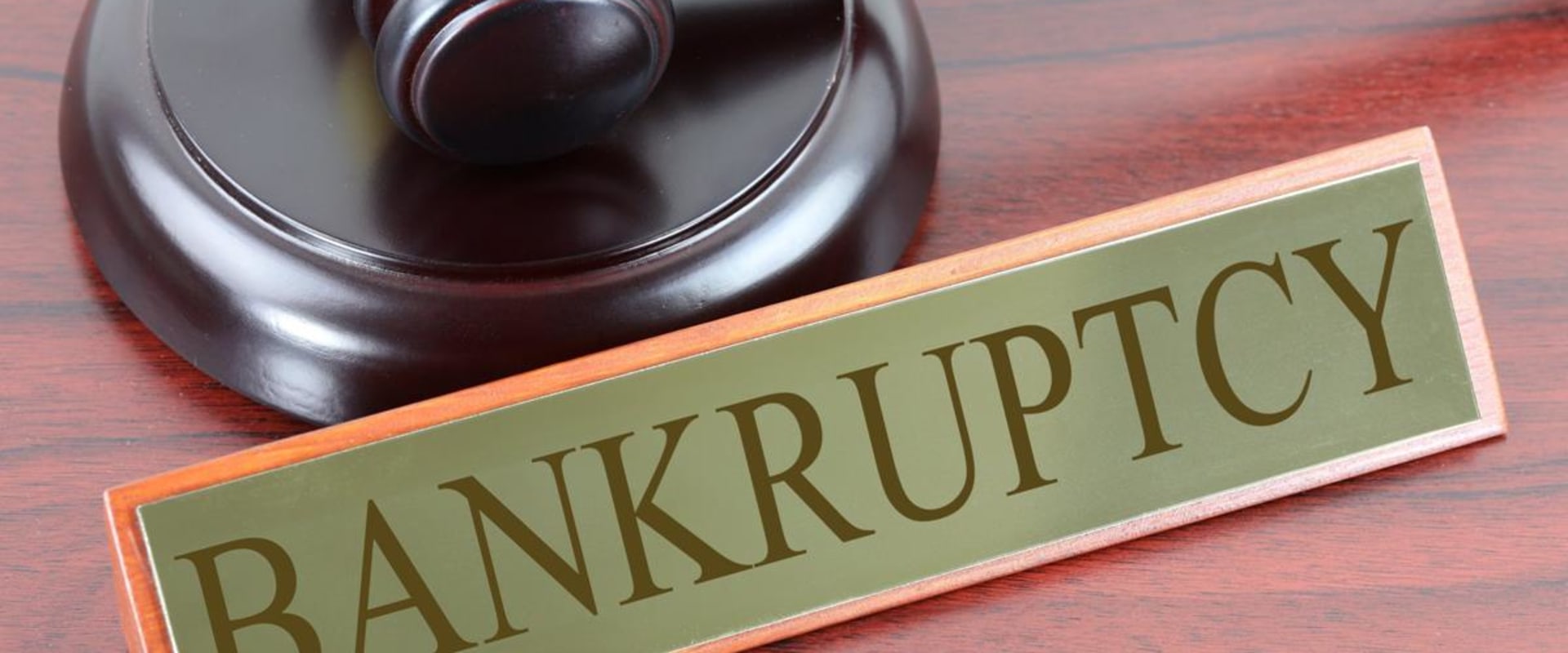Bankruptcy is a system of federal law, so the procedures and rules governing bankruptcy are nearly identical in every state. However, state law does play a role in some areas. For example, states establish their own property exemption laws, which help determine what you keep and abandon in the event of a Chapter 7 bankruptcy. In addition, the way in which bankruptcy laws are interpreted and applied may vary from jurisdiction to jurisdiction.
For example, currently, bankrupt debtors in Chapter 7 of the Eleventh Circuit (Alabama, Florida and Georgia) are allowed to strip and settle an unsecured junior mortgage (i.e., the first mortgage fully insures the value of the property, meaning that the junior mortgage is not secured by any securities). No other jurisdiction allows this in Chapter 7 cases. The United States Supreme Court is sometimes asked to resolve differences between federal circuits and, in fact, this matter is currently under appeal to the superior court. As you can see, “simple questions about the law are often the hardest to answer.
The best way to get legal advice for your financial situation is to talk to an experienced bankruptcy lawyer. Your lawyer can explain how state and federal laws apply and how to use them to get the best outcome in your case. Each state has exemption laws that determine the amount of assets it can protect in the event of bankruptcy. Bankruptcy exemptions vary significantly from state to state, and some states have generous exemptions.
Federal law also has a set of exemptions, and some states allow you to choose between the state and federal exemption systems. If this is your first time moving in a long time, you're likely to check the exemption laws in your previous state of residence. Each state has its own exemption laws and the type of property and the amount of protection offered may vary. If you want to prepare to learn how creditors can pay your debts, consult with a bankruptcy lawyer, as they can also advise you on how bankruptcy can stop some of your collection methods.
